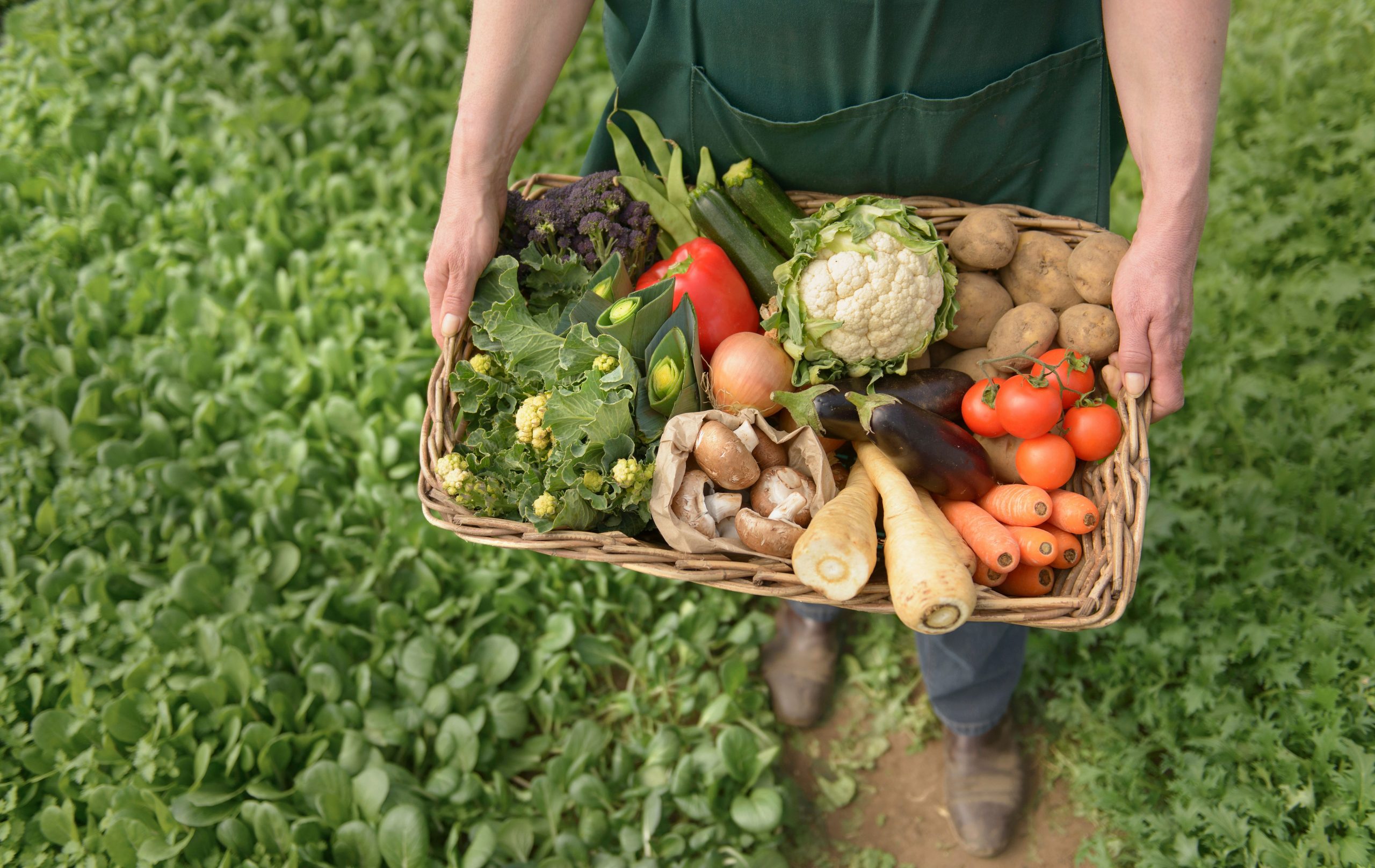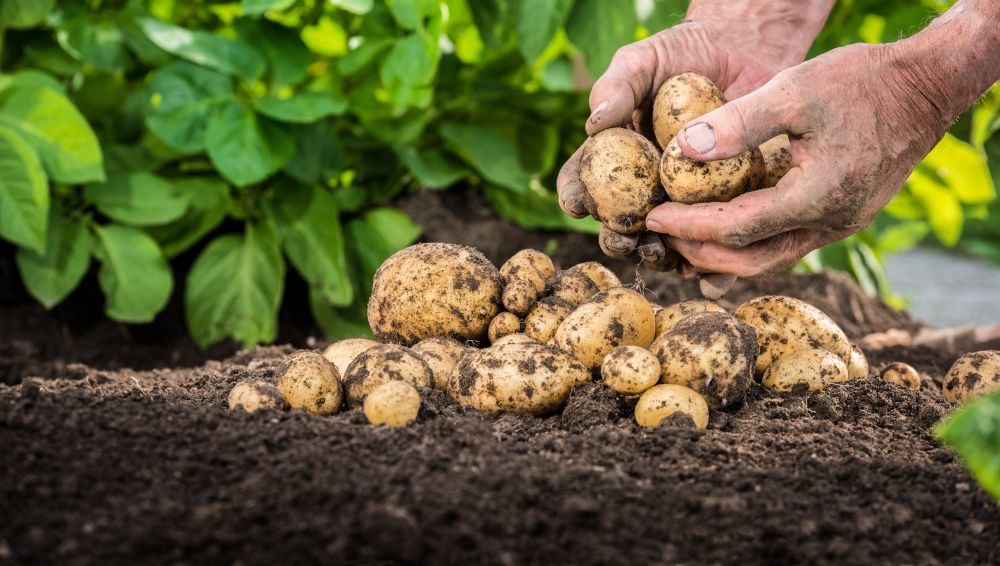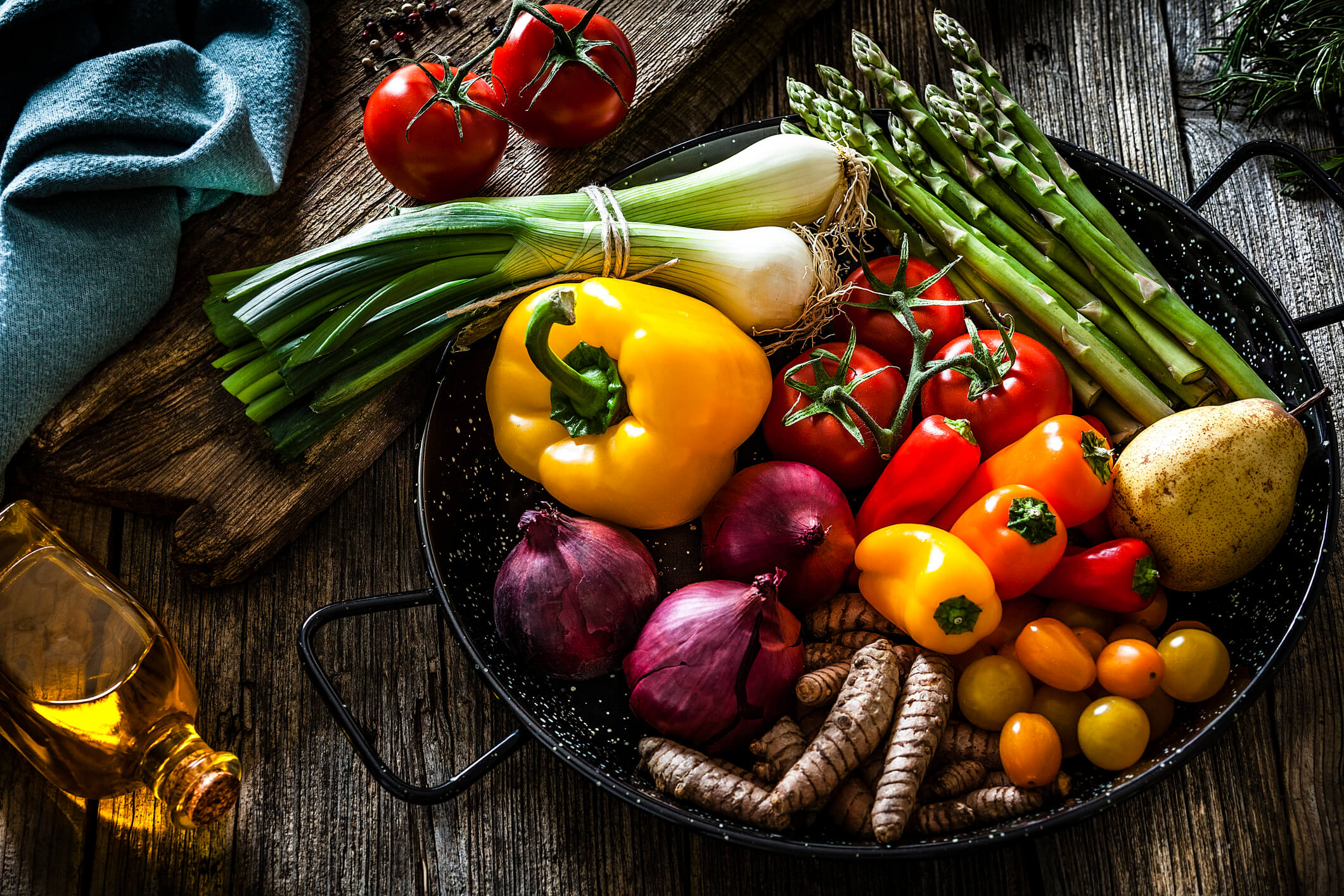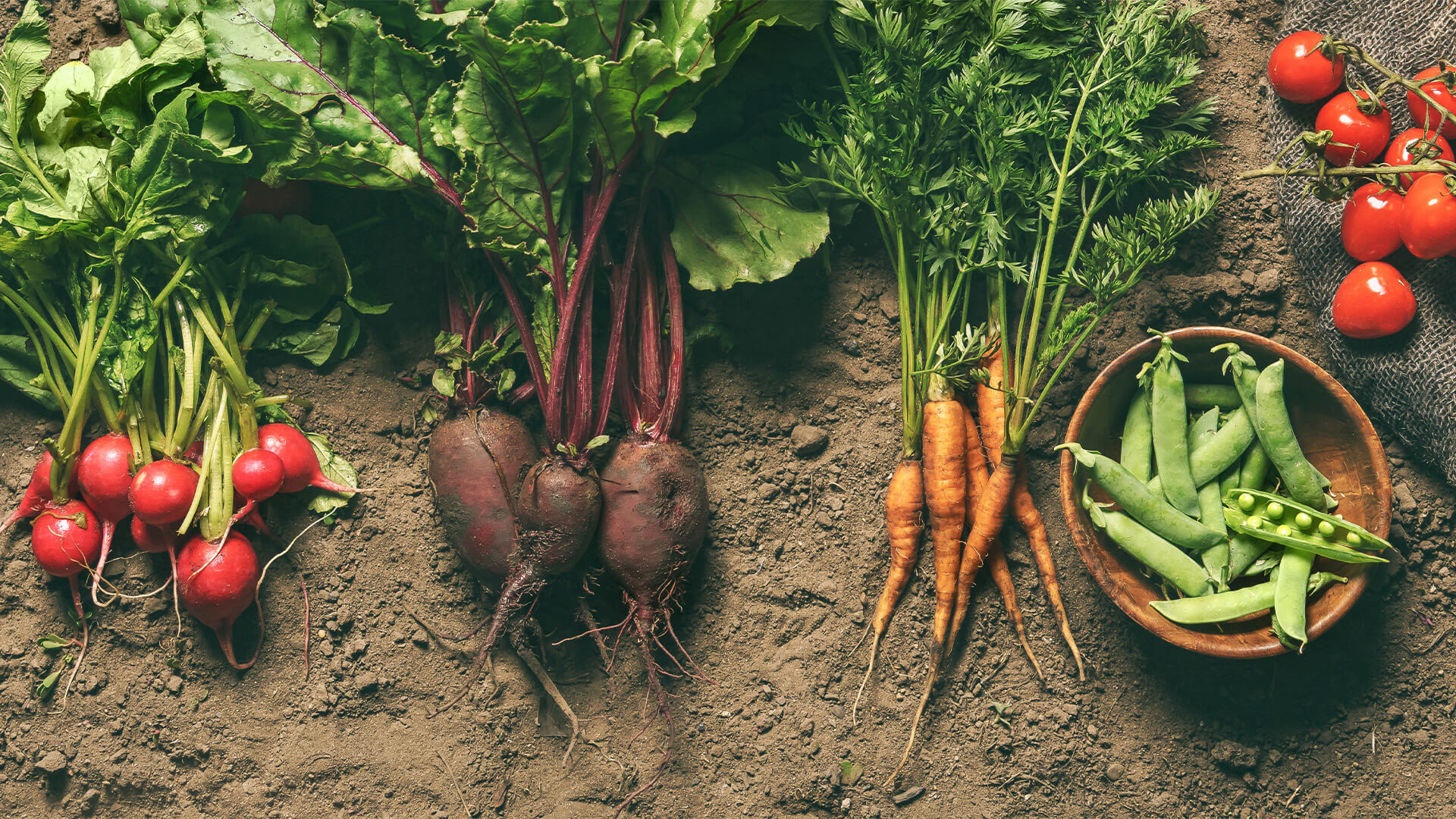Lately, everyone seems to be talking about organic food. Despite being more costly, many people feel that choosing organic is a duty for their health and our planet. Organic food is thought to be healthier, more natural, and ethical. But what exactly is “organic“?

The definition of “organic” differs globally, but the basic idea is the same.
Organic food is grown without GMO seeds, synthetic fertilizers, or synthetic pesticides.
Organic farmers follow older farming methods, like rotating crops and using natural fertilizers like compost or manure.
Table of Contents
Is Organic Food Healthier?
One popular belief is that organic food is more nutritious and healthier. Some studies have shown that organic food has more antioxidants, which are good for our bodies. But scientists still have many questions about how much we really benefit from these antioxidants.
Some research suggests organic food might have more vitamin C and omega-3 fatty acids.
But other studies have not found any significant differences.
Overall, the science shows only tiny differences in nutrition between organic and non-organic foods.

The main thing is, eating fruits and vegetables is good for you, no matter how they’re grown.
Is Organic Food More Natural?
Many people buy organic food to avoid artificial pesticides and fertilizers. Indeed, organic produce often has less pesticide residue. But this doesn’t mean it’s totally free from pesticides. Even organic farming can use pesticides, some natural, some synthetic.

And remember, just because a pesticide is organic doesn’t mean it’s safer. Toxic is toxic, whether made by humans or by nature. In some cases, organic pesticides can even be more harmful.
Is Organic Food Better for the Environment?

There’s no clear winner regarding the environment between organic and conventional farming.
Organic farms use less energy, but they need more land.
Also, as demand for organic food increases, less sustainable methods and more complex supply chains can be used.
Is Organic Really Better?
So, is organic food really better? Right now, we can’t say it’s clearly superior. Organic isn’t just a way of farming; it’s also an ideology. People feel good buying organic, believing they’re making a healthier choice for their families and the Earth. But both organic and conventional farming have their pros and cons.

The best way to produce food might be a combination of their best practices.
And your choice to buy organic or not depends on what you’re looking for.
If you want to eat healthier, focus on eating more fruits and vegetables, not whether they’re organic.
Buying local and in-season could be a better choice if you care about the environment.
To sum it up, an organic label is more about how the food is produced, not a guarantee of safety or health benefits. What you eat matters more than how it’s produced.
SOURCE
To access relevant information, check out the following blogs:
- Kangaroo Math Blog for Mathematics
- Kancil Science Blog for Science
- Beaver Computational Thinking Blog for Computer Science
- Kijang Economy Blog for Economics





